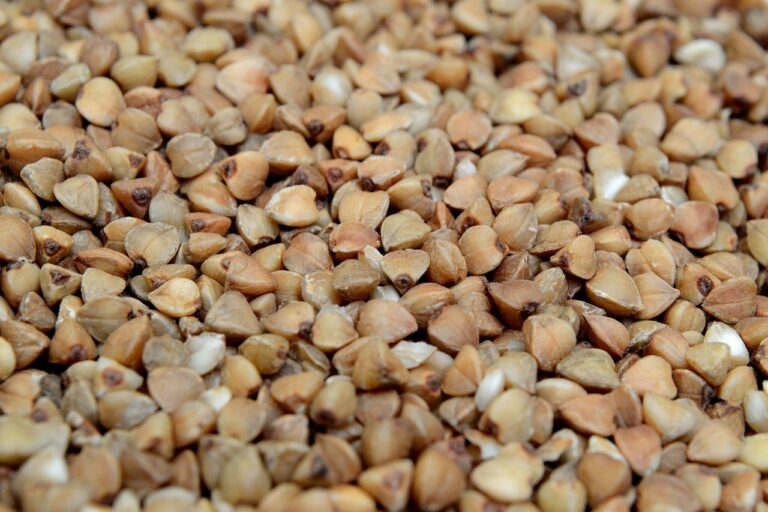The Role of Nutrition in Immune System Health
The immune system is a complex network of cells, tissues, and organs that work together to defend the body against harmful invaders like bacteria, viruses, and toxins. One of the key players in this defense system is white blood cells, which are produced in the bone marrow and play a crucial role in recognizing and attacking foreign substances.
When a pathogen enters the body, the immune system launches a response to eliminate the threat. This response involves the production of antibodies, specialized proteins that bind to specific antigens on the surface of the pathogen, marking it for destruction by other immune cells. Additionally, the immune system also relies on other defenses such as inflammation, fever, and the activation of various immune cells to eliminate threats and maintain the body’s health.
Key Nutrients for Immune System Health
Vitamins and minerals play a crucial role in supporting the immune system’s functions. Vitamin C, found in citrus fruits and leafy greens, is well-known for its antioxidant properties that help protect cells from damage and promote immune system health. Vitamin D, often referred to as the “sunshine vitamin,” is essential for immune cell function and can be obtained through sun exposure and supplementation.
Zinc is another key nutrient that is involved in many aspects of immune function, including the development and function of immune cells. Sources of zinc include meat, dairy, and nuts. Additionally, omega-3 fatty acids, commonly found in fatty fish like salmon and flaxseeds, help reduce inflammation in the body, supporting overall immune system health. Consuming a balanced diet rich in these key nutrients is essential for maintaining a strong and effective immune system.
What is the immune system and why is it important?
The immune system is our body’s defense mechanism against harmful pathogens such as bacteria, viruses, and other foreign invaders. It plays a crucial role in keeping us healthy and fighting off infections.
How do key nutrients contribute to immune system health?
Key nutrients such as vitamins (like vitamin C and vitamin D), minerals (like zinc and selenium), and antioxidants help support and strengthen the immune system, making it more effective at fighting off infections.
Can I get all the necessary nutrients for immune system health from food alone?
While a well-balanced diet rich in fruits, vegetables, whole grains, and lean proteins can provide many essential nutrients for immune system health, some people may benefit from supplements to ensure they are getting all the necessary nutrients.
How can I ensure I am getting enough key nutrients for immune system health?
To ensure you are getting enough key nutrients for immune system health, focus on eating a variety of nutrient-dense foods, consider taking supplements if needed, and consult with a healthcare provider for personalized recommendations based on your individual needs.





